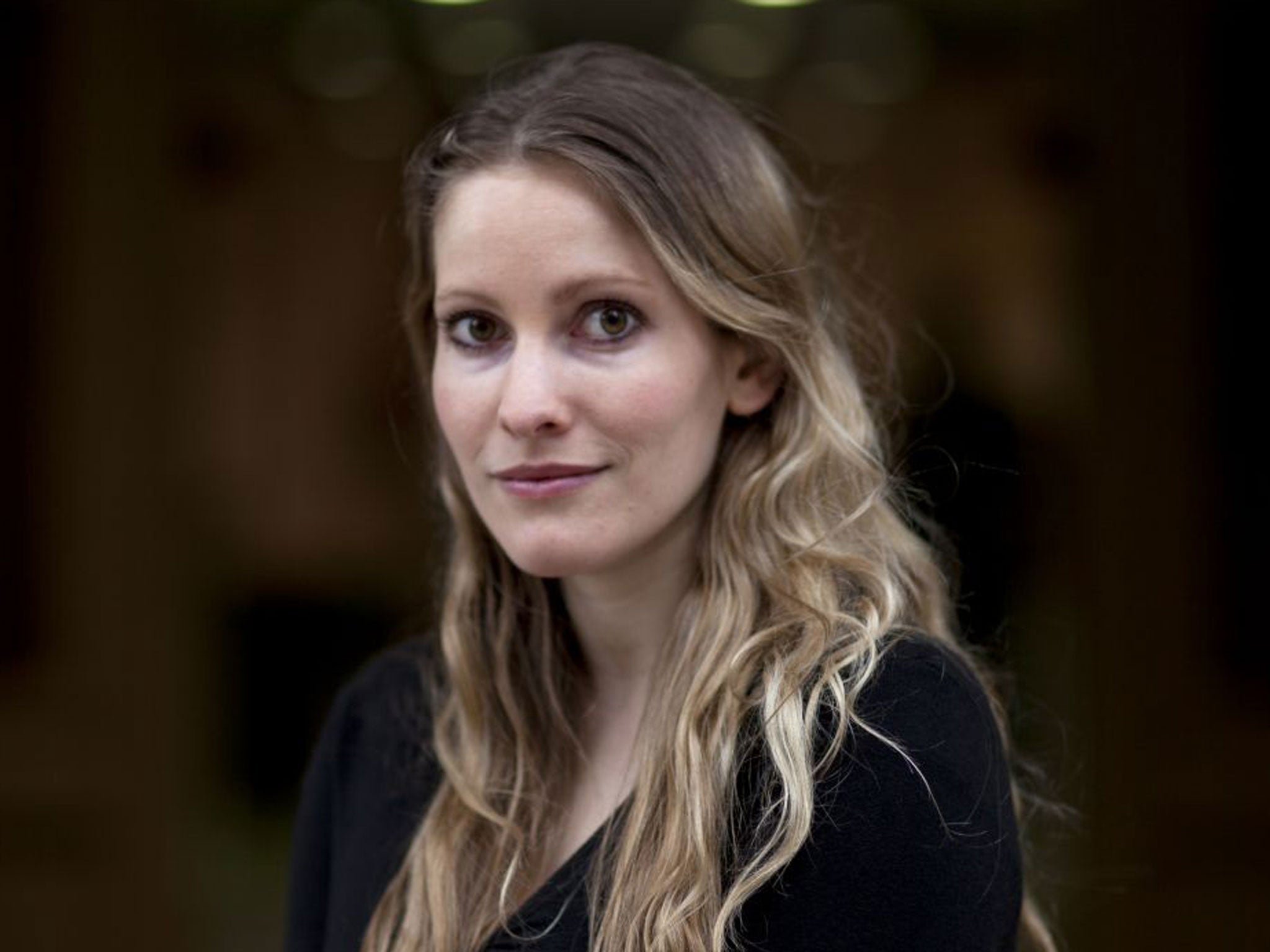Thousands share their experiences of sexual harassment in school after calls for compulsory sex education
'Young people are bombarded with confusing and often misogynistic messages from the world around them — This is why we need compulsory Sex and Relationships Education'

Thousands of people have taken to social media to share their experiences of sexual harassment in the classroom, following calls from gender equality and anti-violence groups for Sex and Relationships Education (SRE) to be made compulsory in schools.
In conjunction with the End Violence Against Women Coalition, Laura Bates, founder of the Everyday Sexism Project, asked followers to share their stories to help illustrate the importance of the campaign.
Using the hashtag #SREnow, contributors recalled lessons in which girls were taught how to “avoid rape” and complaints of sexual harassment were laughed off.
Some of the most common points of concern raised in the discussion were the lack of LGBT issues and lack of consent taught during school.
“Things I was not taught in my school: 1. It’s ok to be an LGBT+ person, 2. The signs of an abusive relationship,” one Twitter user wrote, “I needed both”.
“Complaining to teachers about abusive comments said to me about my appearance and told maybe I should dress more conservatively,” said another.
In an open letter to Justine Greening, Education Secretary and Minister for Women and Equalities, Ms Bates said: “Young people are bombarded with confusing and often misogynistic messages from the world around them.”
“Teenage girls are getting pressured into having sex… This is why we need compulsory sex and relationships education (SRE). It’s a scandal that our schools do not equip young people with the skills they need to understand consent, healthy relationships, LGBT rights and relationships, gender stereotypes and online pornography.”
She went on to note that a BBC Freedom of Information request found that 5,500 sexual offences, including 600 rapes, were reported in schools over a three year period – a rate of almost one rape every school day.
The #SREnow campaign states that as many as one in five teenage boys strongly agree with statement such as “It is sometimes acceptable for a man to hit a woman if she has been unfaithful”.
One Twitter put it: “I would get told ‘boys hit (and harass) you because they like you’ ignoring consent and normalising abuse.”
Another said: “By teaching children that ‘boys will be boys’ and that if a boy hurts you he likes you, we’re teaching them that abuse in normal”.
In England currently, the law allows primary schools, academies and free schools to choose not to teach pupils about sex and relationships should they so wish.
There is some basic sex education in primary science which is part of the National Curriculum, but not all schools have to follow it.
Writing on the Change.org petition, Ms Bates argued that sex and relationships education is the responsibility of schools, since not all parents will speak to their children about these issues.
“Sadly, some children will already be experiencing sexual abuse outside the classroom,” she said. “We owe every child clear, age-appropriate information, so they can understand that abuse isn’t normal, and learn how to navigate healthy relationships.
“It’s too important to leave to chance.”
Earlier this year, it was reported that sex education in schools was seen as “unfit” for the younger generation.
A survey of young people by HIV and sexual health charity the Terrance Higgins Trust found that three quarters of young people are not taught about sexual consent, while one in seven people said they did not receive any SRE during their time in school.
A Department for Education spokesperson said: “High quality SRE is a vital part of preparing young people for life in modern Britain - helping them make informed choices, stay safe and learn to respect themselves and others. Our guidance is clear that young people, whatever their sexuality, need to feel that sex and relationships education is relevant to them and sensitive to their needs.
“We expect all school to deliver personal social and health education (PSHE) to a high standard. We know that the vast majority of schools and teachers recognise the importance of PSHE, and trust teachers to tailor their lessons to best suit their pupils. We are focusing on raising the quality of PSHE teaching and working with leading headteachers and practitioners to look at how best to achieve this.”
Join our commenting forum
Join thought-provoking conversations, follow other Independent readers and see their replies
Comments